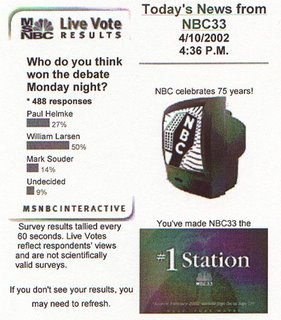Courses for College Bound Students
Of all pre-college curricula, the highest level of mathematics one studies in secondary school has the strongest continuing influence on bachelor's degree completion. Finishing a course beyond the level of Algebra 2 (for example, trigonometry or pre-calculus) more than doubles the odds that a student who enters postsecondary education will complete a bachelor's degree.
http://www.edpartnership.org/?id=1079
The Rhode Island Scholars Course of Study is:
English Language Arts: Four years or course equivalent in:
English I, II, III, IV
Mathematics: Four years or course equivalent in:
Algebra I
Geometry
Algebra II
4th year of higher math
Science: Three years or course equivalent in:
Biology
Chemistry
Physics
Social Studies: Three and one-half years or course equivalent in:
World History Studies
World Geography Studies
U.S. History
U.S. Government
Economics
Language Other Than English: Three years or course equivalent in the same language.
Another source had these recomendations:
English – 4 years
Composition
American Litature
English Litature
World Litature
Mathematics - 3 to 4 years
Algebra I
Geometry
Algebra II
Trigonometry
Precalculus
Calculus
History and Geography – 2 to 3 years
Geography
U.S. History
U.S. Government
World History
World Cultures
Civics
Laboratory Sciences – 2 to 3 years
Biology
Earth science
Chemistry
Physics
Visual and Performing Arts – 1 year
Art
Dance
Drama
Music
Challenging Electives - 1 to 3 years
Economics
Psychology
Computer science
Statistics
Communications
Foreign Language – 2 to 3 years
Does adding additonal courses improve fundamental foundation of education or does it dilute the core courses students need to do well in the future?



2 Comments:
No, these courses do not dilute from core courses. They instead create a larger burden of course work, making it more difficult for students to succeed in high school and decreases graduation rates.
Robert,
We are saying the same thing. When I say diluting core courses, I am saying that less time is spent on the core classes and that time is being spent on non core classes resulting in emphasis. I certainly do not think more courses add to education. I see it every day, people who can not make change, give directions, read maps or speak.
Have a great day.
Post a Comment
<< Home